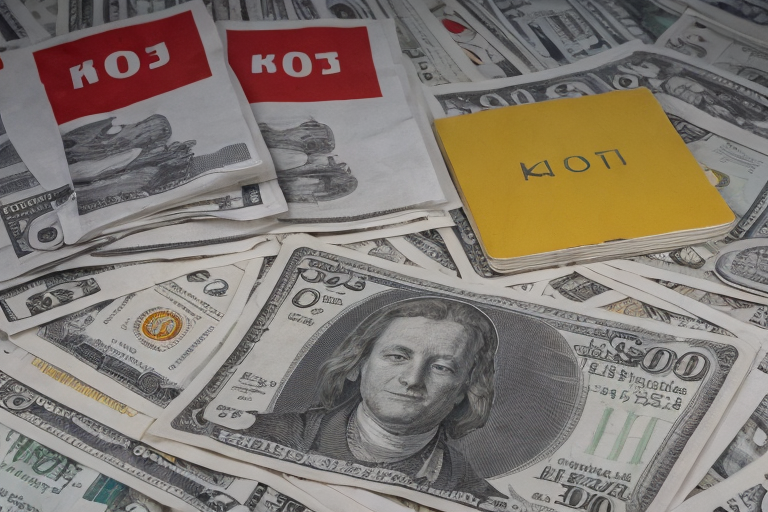The REPO Act, which was recently passed by the US government, allows the administration to seize Russian state assets located in the US and use them to benefit Ukraine. This move could result in an additional $5 billion in assistance for Ukraine, drawing from the frozen Russian Central Bank holdings that are currently held in the US. However, the US will not seize these assets without agreement from other members of the Group of Seven (G7) nations and the European Union (EU).
The US and its allies immediately froze $300 billion in Russian foreign holdings following the invasion of Ukraine by Moscow. Most of these funds remain untouched, primarily in EU nations. Approximately $5 billion of these funds is held in the US.
Freezing these assets prevents Moscow from accessing them, but they still belong to Russia. While governments can generally freeze property without difficulty, transforming these assets into forfeited items that can be sold for the advantage of Ukraine necessitates an additional level of legal procedure, including a legal basis and a court decision.
The US and its allies have been discussing the legality of confiscating these funds for over a year. Various officials from various countries have debated the issue. For over a year, officials from several countries have discussed the legality of confiscating these funds.
The newly enacted US legislation requires the President and the Treasury Department to locate Russian assets in the US within 90 days and report back to Congress within 180 days. After that period, the President may “seize, confiscate, transfer, or vest” any Russian state sovereign assets, including interest, in the US.
The US wants to collaborate with global allies and act together, which is likely to postpone the process. The legislation specifies that “any attempt by the United States to confiscate and repurpose Russian sovereign assets” should occur in conjunction with international allies, such as the G7, the EU, and other nations.
Policymakers, including Treasury Secretary Janet Yellen, have stated that the US is unlikely to proceed without the support of G7 allies. Yellen added that “Congress took an important step in that effort with the passage of the REPO Act, and I will continue intensive discussions with our G7 partners in the coming weeks on a collective path forward.”
The European Union (EU) has already started setting aside windfall profits generated from frozen Russian central bank resources. The bloc predicts that the interest on these funds might generate around €3bn ($3.3bn) annually.
Some EU leaders, however, have expressed misgivings regarding implementing a plan to officially seize Russia’s assets in Europe. European Central Bank President Christine Lagarde has cautioned that confiscating Russian assets “needs to be looked at very carefully” and could “begin breaking the international legal order.”
Critics of the REPO Act argue that weaponizing global finance against Russia might damage the US dollar’s dominance as the world’s primary currency. Seizing Russian assets could persuade countries such as China, one of the main holders of US treasuries, that keeping their reserves in US dollars is not secure.
Russian authorities have warned that the REPO Act would undermine the worldwide financial system.



Leave a Reply